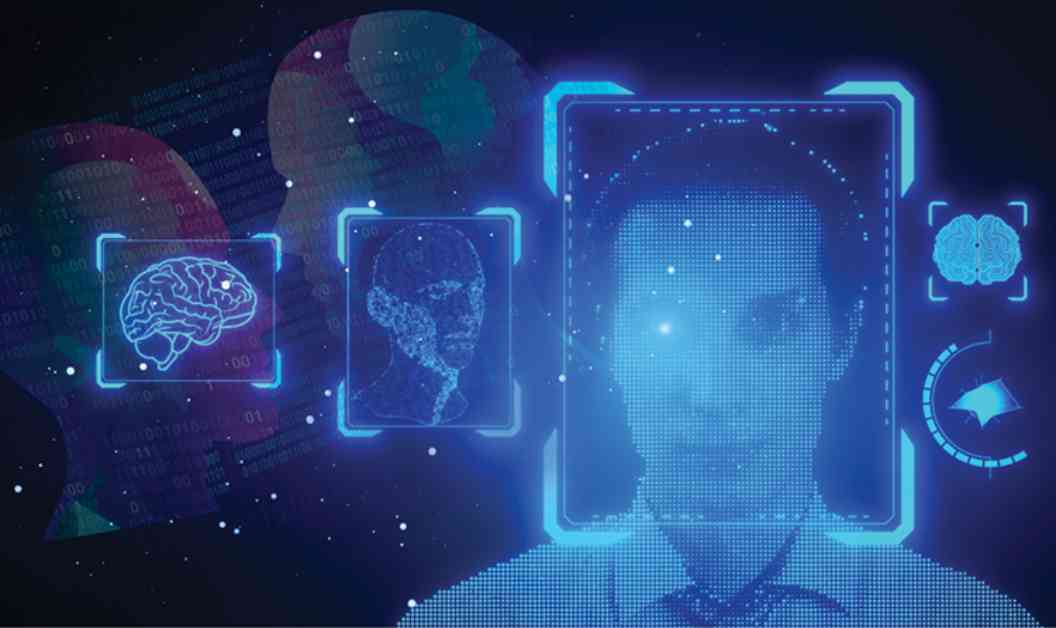Legal Ramifications of AI-Generated Deepfake Videos
The issue of deepfake videos infiltrating courtrooms as evidence presents a longstanding challenge that continues to evolve with advancements in technology. Damien Riehl, vice president of vLex, a global legal intelligence platform, notes that the question of authenticity has been a concern since the early 1900s when Stalin manipulated photos. Today, the use of Photoshop and generative artificial intelligence, such as OpenAI’s Sora, allows for the creation of realistic videos from text instructions, making it easier to produce deepfake videos that convincingly depict individuals saying or doing things they never actually did or said.
Implications for the Legal System
Cat Casey, chief growth officer at Reveal, an AI-powered e-discovery review platform, highlights the potential havoc that deepfake videos could wreak in legal proceedings. From fabricating evidence to influence civil actions to wrongfully securing criminal convictions, the implications are vast. Rebecca A. Delfino emphasizes in her research that the introduction of deepfakes in courtrooms could lead to lawyers exploiting jurors’ suspicions about evidence, further complicating the pursuit of justice.
Challenges and Concerns
A significant concern raised by Delfino is the proliferation of deepfake pornography, with female celebrities being prime targets. The non-consensual use of their likeness in pornographic content underscores the invasive nature of deepfake technology. Furthermore, the creation of fake nude images using mobile apps in schools raises serious ethical and legal issues surrounding child pornography and privacy.
Trust in Digital Media
As the authenticity of digital media becomes increasingly difficult to discern, public trust in visual evidence is eroding. The dissemination of digitally manipulated content, such as the altered photo of Kate Middleton and her children, has led to widespread skepticism about the veracity of online imagery. The rise of deepfake technology underscores the need for experts to authenticate video evidence to maintain the integrity of legal proceedings.
In response to the growing threat of deepfake videos, efforts are underway to combat their deceptive use. Google and other tech giants are developing tools to identify and watermark AI-generated content, providing transparency and accountability in the digital landscape. Legislative measures, such as the Protecting Consumers from Deceptive AI Act, aim to establish guidelines for recognizing and labeling AI-generated content, safeguarding against malicious manipulation and misinformation.
In conclusion, the legal implications of AI-generated deepfake videos are multifaceted and require proactive measures to protect the integrity of the legal system. As technology continues to evolve, the need for robust authentication processes and regulatory frameworks becomes increasingly vital to mitigate the harmful effects of deepfake manipulation. By staying vigilant and adaptive, the legal community can effectively navigate the challenges posed by deepfake technology and uphold the principles of justice and accountability in the digital age.















